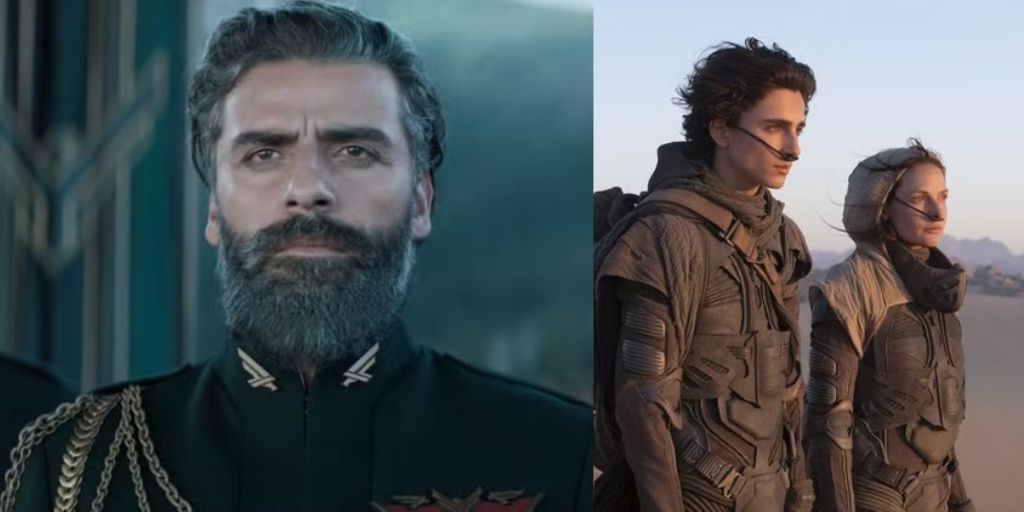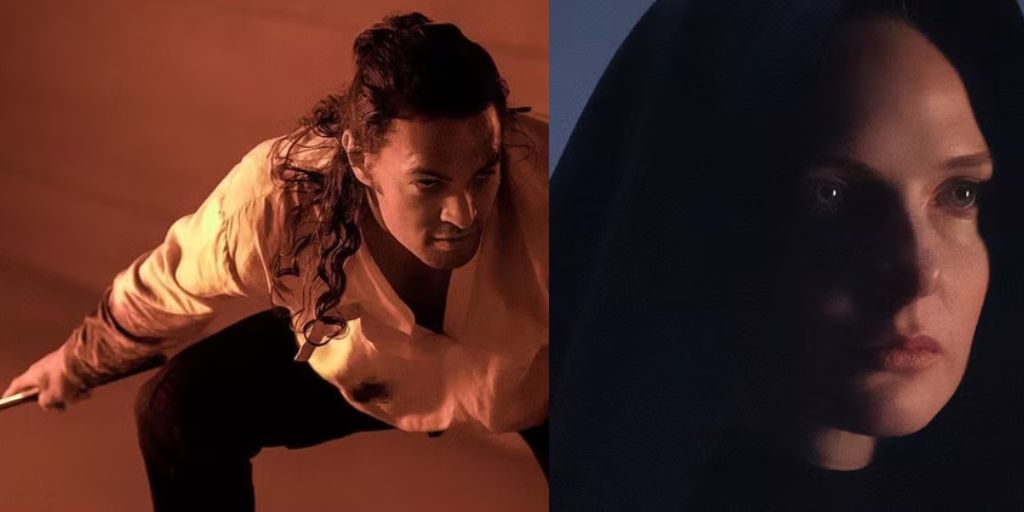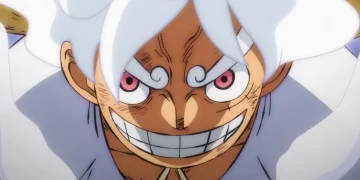Denis Villeneuve has proven his talent as a director, especially in science fiction. By the time he released Dune in 2021, he had already directed films like Blade Runner 2049 and Arrival.
His adaptation of Frank Herbert’s classic novel amazed both longtime fans and new audiences. The film captured the grand scale of the book, introducing viewers to Paul Atreides and the mysterious desert planet of Arrakis.
Villeneuve’s Dune became a huge success, winning six Academy Awards, including Best Cinematography and Best Visual Effects. Many people considered it one of the best films of the year. It also became an important addition to modern science fiction cinema. Right now, audiences can watch Dune for free on Tubi.
A Star-Studded Cast and a Gripping Story
Timothée Chalamet plays Paul Atreides, the main character in Dune. The movie follows Paul and his noble family, the Atreides, as they prepare to leave their home and settle on Arrakis. Duke Leto Atreides, played by Oscar Isaac, leads the family on this journey.
The Emperor, played by Christopher Walken, has chosen him to manage the spice trade, which is essential to the galaxy’s economy. Arrakis is the only place where this valuable resource can be found. However, the desert planet is dangerous and full of hidden threats. The Atreides family soon realizes that ruling Arrakis will not be easy.
The film features an incredible cast, including Rebecca Ferguson (Silo), Jason Momoa (Aquaman), Dave Bautista (The Killer’s Game), Javier Bardem (No Country for Old Men), Josh Brolin (Outer Range), Zendaya (Spider-Man: No Way Home), and Stellan Skarsgård (Good Will Hunting). Each actor brings depth to their role, making the story even more powerful.
The Success of Dune and Its Impact on Cinema
Dune earned over $407 million worldwide, which was a great return on its $165 million budget. Both critics and audiences praised the film for its storytelling, visuals, and performances. Because of this success, Warner Bros. Pictures and Denis Villeneuve quickly started working on the sequel, Dune: Part Two.

The second film, which was released in 2024, became an even bigger success. It earned over $714 million worldwide, surpassing its $190 million budget. Fans loved how it continued the story and expanded the universe of Dune. Villeneuve’s vision brought Frank Herbert’s novel to life in a way that impressed both casual viewers and dedicated fans.
The excitement around Dune continues to grow. Villeneuve has confirmed that he will direct a third film, Dune: Messiah. This next installment will further show Paul Atreides’ journey and the challenges he faces as a leader.
For those who have not yet experienced Villeneuve’s incredible adaptation, Dune (2021) is available to stream for free on Tubi. This is the perfect opportunity to witness the beginning of an unforgettable cinematic journey.




